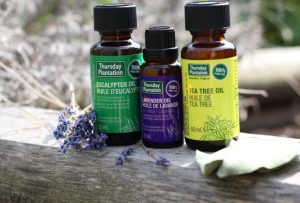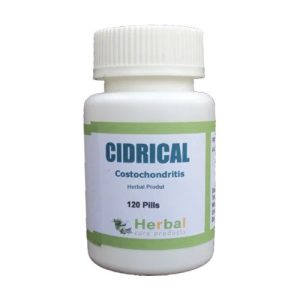What is Costochondritis?
It is a painful condition of the chest wall. Cartilages attach the ribs to the breastbone (sternum) and the sternum to the collarbones (clavicles). The joints between ribs and the cartilages is called the costochondral joints. It is not a serious condition it affects more than one rib. Costochondritis is an inflammation of the junctions in which upper ribs join with the cartilage that hold the breastbone. It affects females more than males.
Natural Treatment for Costochondritis
Costochondritis, an inflammation of the cartilage connecting the ribs to the breastbone, can cause significant chest pain and discomfort. Natural treatments can provide relief by reducing inflammation and alleviating pain without the need for medication. One effective approach is applying heat or cold therapy to the affected area. A warm compress or heating pad can help relax muscles and reduce stiffness, while cold packs can minimize swelling and numb pain. Gentle stretching and breathing exercises may also improve flexibility and reduce pressure on the chest, promoting faster healing.
Additionally, certain dietary adjustments and supplements can play a role in managing costochondritis symptoms. Anti-inflammatory foods such as leafy greens, fatty fish rich in omega-3 fatty acids, and turmeric with its active compound curcumin, are known to reduce inflammation. Herbal teas like chamomile or ginger can also offer soothing effects. Supplements like fish oil, magnesium, and vitamin D may further support overall joint health and reduce inflammation, contributing to long-term relief from costochondritis. Always consult a healthcare professional before starting any new treatment regimen to ensure safety and efficacy.
Natural Remedies for Costochondritis
Costochondritis, an inflammation of the cartilage connecting the ribs to the breastbone, can cause significant discomfort and pain. Fortunately, several natural remedies for costochondritis can help alleviate these symptoms. One effective approach is the use of anti-inflammatory herbs like turmeric and ginger, known for their pain-relieving properties. Turmeric contains curcumin, which has been shown to reduce inflammation and provide relief from joint and muscle pain. Similarly, ginger, with its natural anti-inflammatory compounds, can help soothe the affected area and reduce swelling.
In addition to these herbs, applying heat or cold packs to the chest can also offer relief. Heat packs help relax tight muscles and improve circulation, while cold packs can reduce swelling and numb the pain. Moreover, incorporating gentle stretching exercises and maintaining good posture can prevent further strain on the chest area. For those seeking a more holistic approach, Herbal Treatment for Costochondritis can include teas made from chamomile or valerian root, both known for their calming effects on the body and their ability to ease muscle tension. Combining these natural remedies can significantly improve comfort and promote healing for those suffering from costochondritis.
Some Natural Remedies for Costochondritis are given below.
Heat or Ice
Placing hot compresses and heating pad on the painful area several times a day. Keep the heat on a low setting. Ice also might be helpful.

Put an Ice Pack on the Affected Joint
The joint is the sore area where your sternum and ribs connect. The ice will help reduce the swelling and soothe the inflammation. A bag of frozen peas or corn wrapped in a towel makes a quick, handy ice pack. Do not apply the ice pack directly to your skin. After 15–20 minutes, remove the ice pack and give your skin a chance to warm up. Repeat this three to four times daily.

Exercise
Exercises which improve or maintain good posture, and strengthen your back and core muscles will help prevent costochondritis
- A fit ball is a great tool for developing core muscles, improving posture while sitting, and lying over to open and stretch your chest muscles.
- A Pilate’s foam roller can be a great tool to help with chest stretches and posture correction.

Hygiene Practices
Hygiene practices like washing hands regularly and keep a clean house will also help to avoid chest pain which is caused of bacterial reasons.

Ginger
Ginger is known for soothing your tummy and reducing gas. It’s also a natural blood thinner, so avoid using it if you take prescription blood thinners. It may help to
- Lower blood pressure:
- Reduce cholesterol
- Reduce triglycerides
- Prevent blood clotting
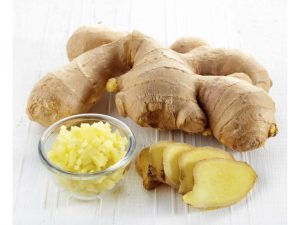
Pomegranate Juice
Adding pomegranate juice to your diet can be beneficial for your heart. Pomegranates are high in antioxidants, which can help keep cholesterol to check and keep your arteries healthy. Study has found that drinking pomegranate juice helps to lower blood pressure.
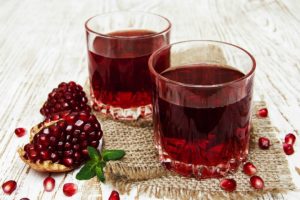
Omega – 3 Fatty Acids
Omega-3 found in fish like salmon. If you’re unable to eat two servings of fish per week, you can take fish oil supplements high in omega-3s.
- Reduce your risk of deadly heart arrhythmias
- Reduce your triglyceride levels
- Lower your blood pressure
- Reduce the progression of atherosclerosis

Apple Cider Vinegar
Costochondritis Herbal Treatment drinks a tablespoon of apple cider vinegar with a glass of water before meals or when heart pain strikes. It is an effective home remedy.
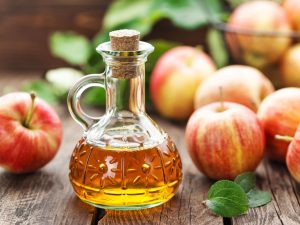
Drinking a Hot Drink
Gas is a common cause of chest pain. Hot or warm drink may help to make better up digestive system and ease gas and bloating. Hot hibiscus tea, in particular, supports digestion and heart health. Research found that hibiscus which helps to lower blood pressure and reduces cholesterol.

Almonds
On the other hand, almonds are high in fat. For some people, fat triggers acid reflux. Fatty foods may cause the lower esophageal sphincter to relax and allow acid to flow backwards into the esophagus.
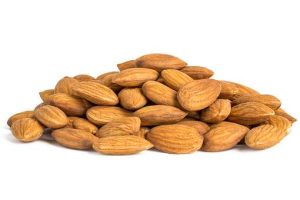
Tea Tree and Eucalyptus Oils
Use an oil burner and burn tea tree and eucalyptus oils. Take in comforting gentle breaths. Breathe in healing energy; breathe out old black and red pain energy. Tea tree and eucalyptus both Herbs for Costochondritis condition are very effective Home Remedies for Costochondritis.
